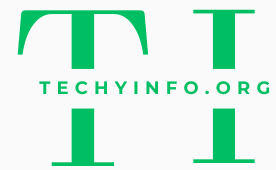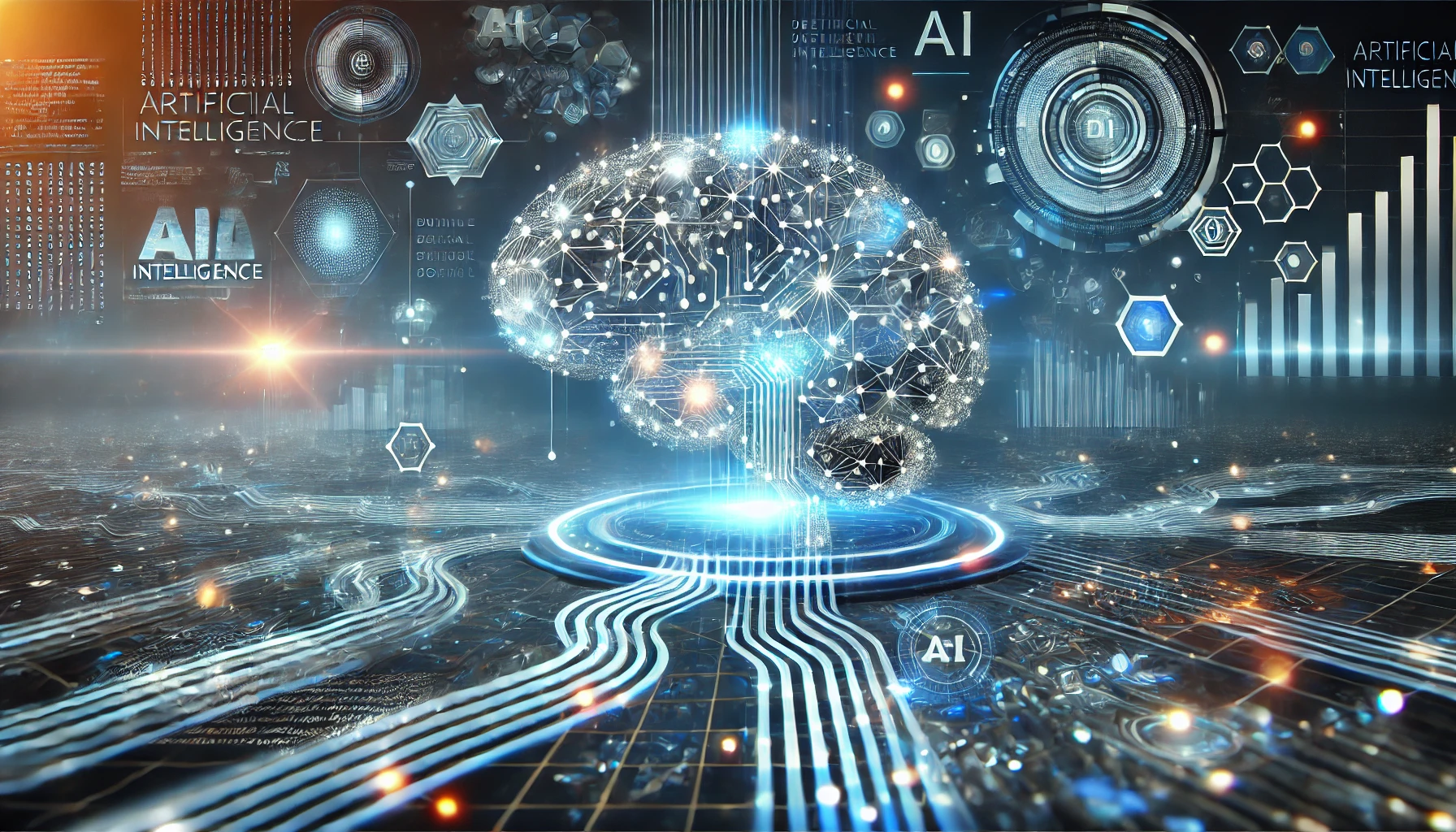How are artificial intelligence (AI) tools changing healthcare? AI is making a significant impact by enhancing medical diagnostics, personalizing patient care, and improving administrative efficiency. With AI, healthcare professionals can diagnose more accurately, create tailored treatment plans for patients, and automate routine tasks, allowing more time for direct patient care. From analyzing medical images to managing appointments, AI is making everything faster and more efficient. What are the benefits of AI in healthcare? In this article, we will explore some of the best AI tools that are transforming healthcare, showing how they are improving accuracy, patient outcomes, and efficiency in medical practices worldwide.
Enhancing Diagnostics and Treatment
One of the most impactful applications of AI in healthcare is in diagnostics and treatment planning. AI tools analyze vast amount of medical data to assist doctors in making more accurate diagnoses and treatment decisions.
1. Medical Imaging
AI algorithms can process medical images with remarkable speed and accuracy. Tools like IBM Watson and Google DeepMind have developed AI systems that detect abnormalities in X-rays, MRIs, and CT scans, often more precisely than human radiologists. This leads to earlier detection of diseases like cancer, significantly improving patient outcomes.
2. Predictive Analytics
Predictive analytics powered by AI can identify patterns in patient data that indicate the likelihood of future health issues. For instance, AI tools can analyze electronic health records (EHRs) to predict patient readmissions or the risk of developing chronic conditions, enabling preventive care and timely interventions.
Personalizing Patient Care
Personalized medicine tailors treatment plans to individual patients based on their unique genetic makeup, lifestyle, and environment. AI tools play a crucial role in this approach by analyzing diverse data sets to recommend personalized treatment options.
1. Genomic Data Analysis
AI tools like IBM Watson for Genomics analyze genetic data to identify mutations and recommend targeted therapies for cancer-related diseases. This personalized approach increases the efficacy of treatments and reduces adverse effects.
2. Wearable Technology Integration
AI integrates with wearable devices to monitor patients’ real-time health data, providing insights into their daily activities and vital signs. Tools like Fitbit and Apple HealthKit use AI to analyze this data, offering personalized health recommendations and alerting healthcare providers to potential issues before they become critical.
Streamlining Administrative Tasks
Administrative efficiency is a significant challenge in healthcare, often leading to increased costs and delays. AI tools automate many tasks, freeing healthcare professionals to focus on patient care.
1. Appointment Scheduling
AI-powered chatbots and virtual assistants can manage appointment scheduling, reminders, and follow-ups. For example, tools like HealthTap and Ada Health use AI to interact with patients, answer their queries, and schedule appointments, reducing no-shows and improving clinic efficiency.
2. Medical Coding and Billing
AI tools like Olive and CodeAI automate the coding and billing processes, ensuring accuracy and reducing the administrative burden on healthcare staff. This leads to faster claims processing and minimizes errors that can result in claim denials. Effective clinical management practices are crucial for overseeing AI-driven processes in cosmetic procedures, ensuring safety, efficiency, and accuracy, which helps maintain high standards of care and minimize patient risks.
Improving Patient Engagement and Education
Patient engagement and education are vital for better health outcomes. AI tools enhance these areas by providing patients with relevant information and continuous support.
1. Virtual Health Assistants
Virtual health assistants, such as Babylon Health and Sensely, provide patients with 24/7 access to medical information, symptom checking, and health advice. These AI tools engage patients proactively, encouraging them to take an active role in managing their health.
2. Educational Content Personalization
AI tools analyze patient data to deliver personalized educational content. For instance, platforms like MyChart use AI to send patients tailored health tips, medication reminders, and lifestyle recommendations based on their medical history and current health status.
Accelerating Drug Discovery and Development
The drug discovery process is notoriously time-consuming and expensive. AI tools significantly accelerate this process by analyzing large datasets to identify potential drug candidates and predict their efficacy.
1. AI in Research
AI tools like Atomwise and BenevolentAI use machine learning to analyze chemical compounds and biological data, identifying promising drug candidates faster than traditional methods. This accelerates the initial stages of drug discovery, reducing the time to market for new treatments.
2. Clinical Trials Optimization
AI optimizes clinical trials by identifying suitable participants, predicting outcomes, and monitoring trial progress. Tools like Antidote and Deep6 AI use AI to match patients with clinical trials, improving trial efficiency and increasing the likelihood of successful outcomes.
Ensuring Data Security and Privacy
With the increasing digitization of healthcare data, ensuring its security and privacy is paramount. AI tools enhance cybersecurity measures, protecting sensitive patient information from breaches and unauthorized access.
1. Anomaly Detection
AI tools like Darktrace and Cylance use machine learning to detect unusual patterns and potential threats in real time, providing robust protection against cyber-attacks. These tools continuously learn from new data, adapting to emerging threats and ensuring data security.
2. Compliance Monitoring
AI helps healthcare organizations comply with regulations such as HIPAA by monitoring data access and usage. Tools like FairWarning and Protenus use AI to identify compliance issues and prevent unauthorized access to patient data, ensuring regulatory adherence.
Conclusion
AI tools are revolutionizing healthcare by enhancing diagnostics, personalizing patient care, streamlining administrative tasks, improving patient engagement, accelerating drug discovery, and ensuring data security. By using the best AI tools, healthcare providers can deliver more efficient, accurate, and personalized care, ultimately improving patient outcomes and transforming the healthcare landscape.





